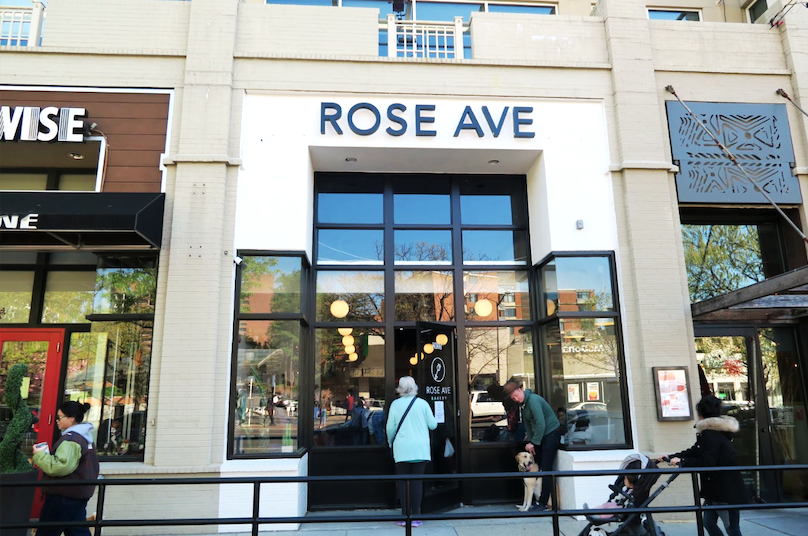20 million students rely on free or reduced-price meals every day in the U.S. School closures and increased unemployment due to the pandemic make it difficult for families to keep food on the table. It is the government’s responsibility to ensure that these families don’t crumble under the weight of an increasing financial burden.
The extended duration of COVID-19 in the United States means that the families who are food insecure are being stretched unbelievably thin, having to choose between feeding their children, and paying for utilities and rent.
Crystal Fitzsimmons, Director of School and Out-of-School Time Programs for the Food and Research Center, pointed out the increase in food insecurity saying, “we’ve seen the numbers grow exponentially.” She added that it is difficult to collect data when “students aren’t going to the cafeteria every day” but that they expect a steep decrease in children’s participation in food programs given students don’t have direct access to reduced price meals anymore.
COVID-19 has made it impossible to keep schools open safely, especially in low-funded, low-income communities which tend to be lived in by people of color, meaning that the pandemic is hitting minorities the hardest. “Black and Latino families are being hit particularly hard”, Fitzimmons said.
Many community-based organizations such as the YMCA and food banks made efforts to distribute food to those in need, but, due to the added complications including social distancing and the limited number of people allowed onsite at any given time, these programs haven’t been able to reach as many as organizers had hoped. In an attempt to combat this issue, Congress instituted a program known as the Pandemic Electronic Benefit Transfer, or Pandemic EBT for short. This program gives families an electronic card with the value of a school meal for each day schools have been closed, with which families can go to the supermarket and buy groceries. “It’s been a pretty amazing program,” Fitzimmons said, adding that “it can reach almost everyone because you don’t have to worry about transportation barriers and the food purchased can be tailored to the household”.
Disastrously, the Pandemic EBT program is set to expire on September 30th, stripping families of their lifeline. Fitzsimmons urges individuals to “call [their] senators and congressmen and encourage them to extend the program.” She added that while any help is appreciated many food banks are being funded through child nutrition programs so the most effective way to impact the situation is if Congress acts.
Given it does not seem that the financial burden from the pandemic will be lifted in the near future, it is imperative that the EBT be extended for the duration of the crisis.



































































